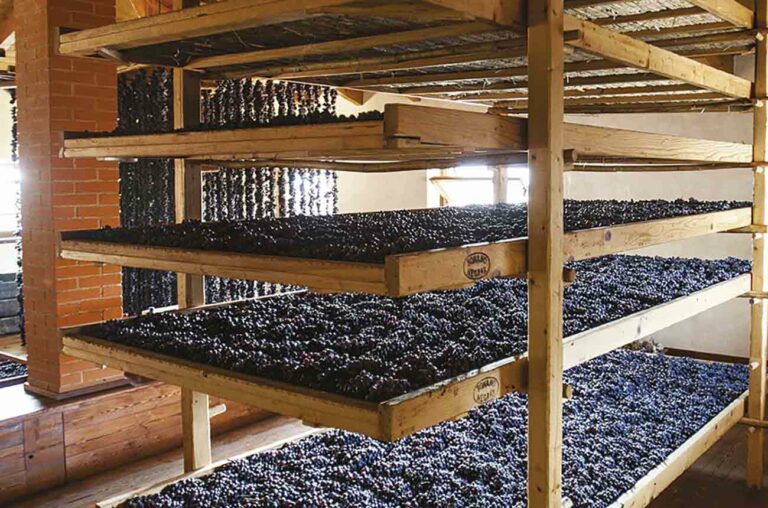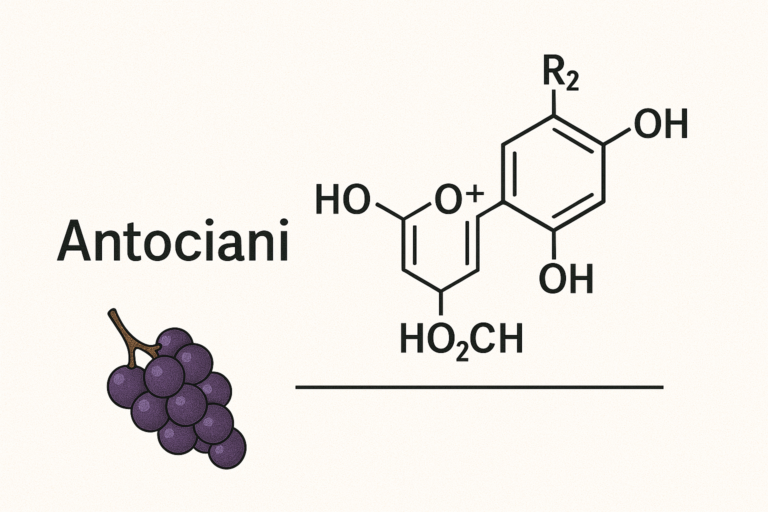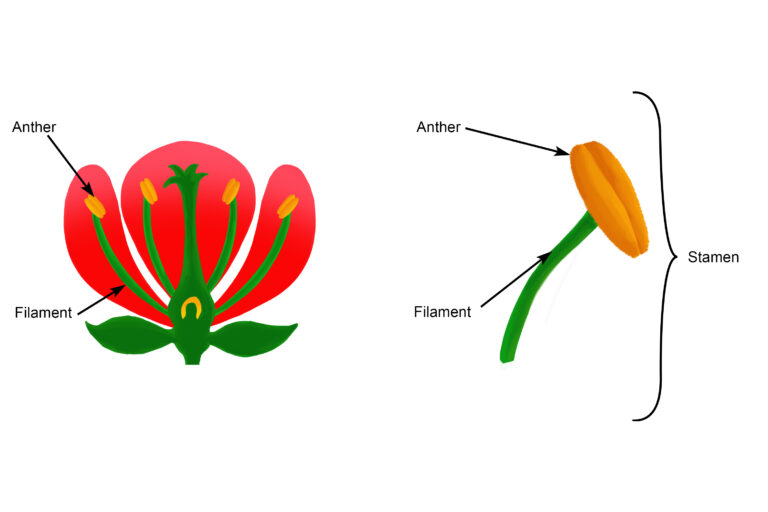“Appassimento” (withering): a Deep Dive into the Science and Practice of an Ancient Winemaking Tradition

Appassimento is a traditional Italian winemaking method that involves drying harvested grapes to concentrate their juices. This process, used in regions like Veneto and Lombardy, results in wines with distinct character and high alcohol content, such as the famed Amarone…



